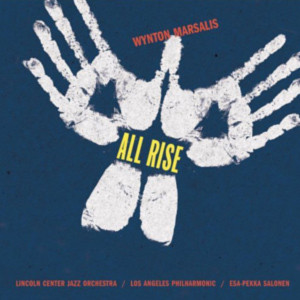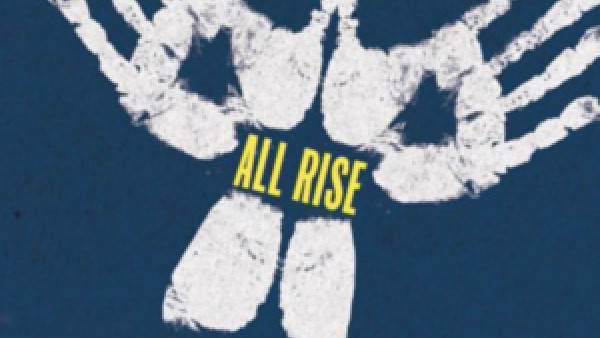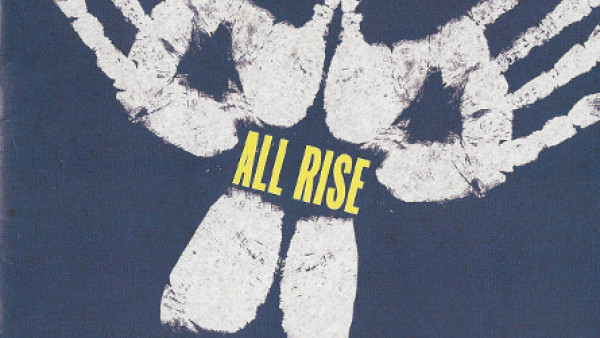Maestro Marsalis
Wynton Marsalis marries jazz and classical music like no one else
SOME years ago, surveying the historic divide between classical music and pop, a critic observed, “Jazz, once the arch-fiend threatening the whole fabric of musical society, is now allowed to be respectable, as a sort of first cousin to serious music who prefers to live apart.”
The view of jazz as significant but ultimately separate has stubbornly defied attempts to bring it into the mainstream of high musical culture. Acknowledged masterpieces, such as the concert works of George Gershwin, are still regarded as lightweight—entertaining but not illuminating—just as Gershwin himself was once described as representing “genius, but genius limited and yearning.”
All the same, since its first full-blown appearance on the musical scene around the first world war, jazz has inspired classical composers to try to harness its energy, spontaneity and invention for the concert hall. And not just in America: the first classical work to adopt a jazz idiom was by a Frenchman, Darius Milhaud, whose “La Création du Monde” of 1923 preceded Gershwin’s famous “Rhapsody in Blue” by a year. But despite such occasional successes, a true jazz-classical synthesis has been thwarted by the different characters of the genres. It takes a very considerable musician to understand and master both the deep, complex structures of the classical tradition and the no less demanding disciplines of jazz, with its emphasis on improvisation, swing and spur-of-the-moment creativity.
Which accounts for the interest aroused recently in British musical circles by a work by an American trumpeter-composer, Wynton Marsalis. His 1999 symphony, “All Rise”, was recently given its European premiere by the London Philharmonic Orchestra, conducted by an eminent German maestro, Kurt Masur, in combination with Mr Marsalis’s own Lincoln Center Jazz Orchestra, from New York. A vast and vastly ambitious 12-movement piece, it uses the full resources of two ensembles, as well as a vocal chorus.
Mr Marsalis is an ideal candidate for such a daunting project, since it reflects the range of his achievements. Uniquely, he has been honoured both for his jazz and his classical trumpet playing, winning Grammy awards for recordings in both fields in the same years. But his deepest allegiance is to jazz—he is artistic director of Jazz at Lincoln Center—and it was hearing one of Mr Marsalis’s pieces for his own band that prompted Mr Masur to propose that he attempt the leap to full-scale orchestral composition.
The result of Mr Marsalis’s particular genius is remarkably assured and accomplished, a work in which the two idioms, their colours and capacities are truly intertwined, without being broken up into self-conscious patches of pastiche. Sections and soloists from orchestra and band are integrated or allowed to shine with their own distinctive lustre, according to the effect Mr Marsalis intends. Improvised solos may be supported by banks of strings while the jazz rhythm section can pick up the whole orchestra and make it swing.
Perhaps most remarkable is Mr Marsalis’s command of the vocabularies of the two traditions, so that at various points one is reminded of Bela Bartók, Igor Stravinsky and even Gustav Mahler, at others of the rich palette of Duke Ellington and the joyous abandon of New Orleans. But his overall coherence of vision and conviction create a unified musical experience. “All Rise” was reviewed by critics of both jazz and classical persuasions, who concurred that it was a rare and improbable kind of masterpiece that straddled boundaries and categories, affirming that in the polymorphous culture of the 21st century, genres matter less than quality, imagination and pleasure.
Source: The Economist



